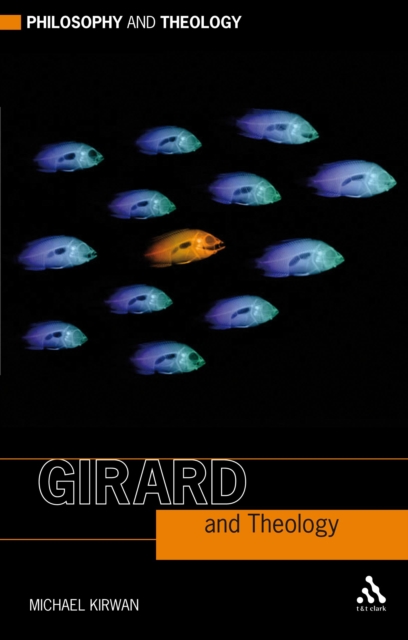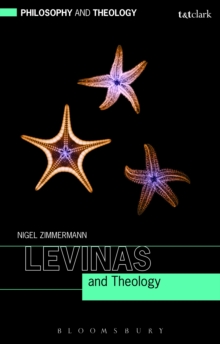
Please note: eBooks can only be purchased with a UK issued credit card and all our eBooks (ePub and PDF) are DRM protected.
Description
The work of the French American theorist Ren Girard (b.1923) has been highly influential in a wide variety of intellectual disciplines. One enthusiastic reviewer in Le Monde suggested that the year 1972 (when La Violence et le Sacr was published) should be marked with an asterisk in the annals of the humanities, including literature, theology and religious studies. There is a paradox here insofar as Girard is, strictly speaking, neither a philosopher nor a theologian. He was trained as a historian, but spent most of his academic career as a teacher of French literature. It is out of his study of great European literature (notably Proust, Dostoyevsky and Shakespeare) that what he calls 'mimetic theory' evolved.
Mimetic theory is an account of how religion, culture and violence are interrelated. Its three principal parts consist of: an assertion of the 'mimetic' (i.e. imitated or derivative nature of desire); the function of 'scapegoating' as a means of achieving and maintaining social cohesion; the gospel revelation as the means by which these truths of the human condition are made known to us. A general introduction to his work will comprise an exposition of these three parts or phases in Girard's thinking. In Girard and Theology, Michael Kirwan looks at these ideas and their relevance to theology as well as their reception in the development of 'dramatic theology' and new theological concepts of atonement and sacrifice.
Mimetic theory is an account of how religion, culture and violence are interrelated. Its three principal parts consist of: an assertion of the 'mimetic' (i.e. imitated or derivative nature of desire); the function of 'scapegoating' as a means of achieving and maintaining social cohesion; the gospel revelation as the means by which these truths of the human condition are made known to us. A general introduction to his work will comprise an exposition of these three parts or phases in Girard's thinking. In Girard and Theology, Michael Kirwan looks at these ideas and their relevance to theology as well as their reception in the development of 'dramatic theology' and new theological concepts of atonement and sacrifice.
Information
-
Download - Immediately Available
- Format:PDF
- Pages:176 pages
- Publisher:Bloomsbury Publishing PLC
- Publication Date:12/02/2009
- Category:
- ISBN:9780567496065
Information
-
Download - Immediately Available
- Format:PDF
- Pages:176 pages
- Publisher:Bloomsbury Publishing PLC
- Publication Date:12/02/2009
- Category:
- ISBN:9780567496065










